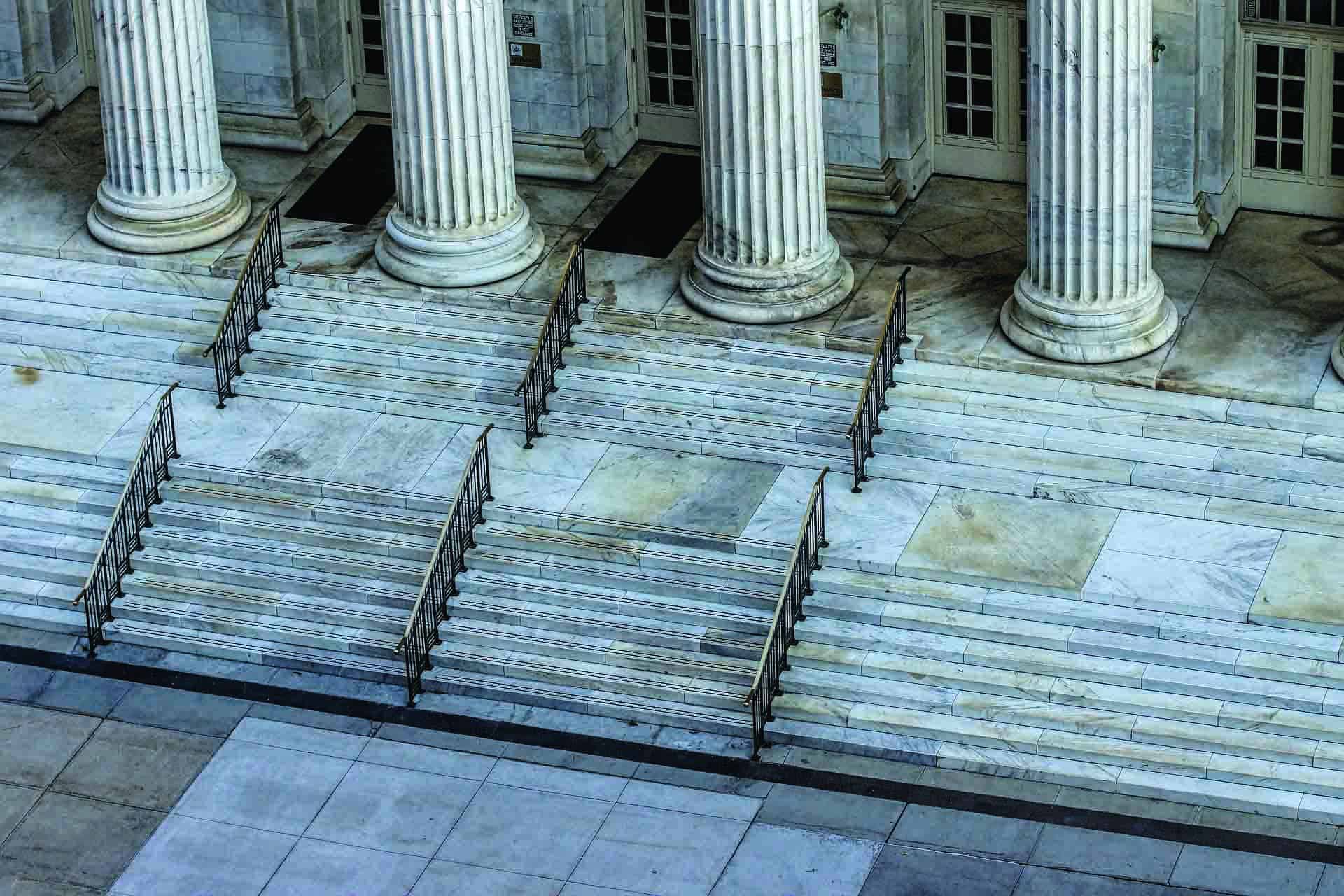Brett Kava-nah

author: victor oriola | ncontributor

pixabay
“I liked beer, I still like beer. Do you like beer?”
These aren’t the words of an inebriated frat bro. These are, instead, the words of a federal judge seeking to become one of the nine justices of the Supreme Court of the United States. Now, there’s nothing wrong with drinking beer. There is a problem when credible allegations exist that alcohol turns you into a sexual assaulter. At the time of writing, there is a supplemental background investigation in progress, and it would be wise to refrain from commenting further on the allegations until the FBI inquiry is complete. But even apart from sexual assault allegations, there are several other reasons to deny Brett Kavanaugh a seat on the Supreme Court.
The members of the Judiciary, unlike those in the Legislative and Executive branches of government, are appointed, and some judges face retention elections. These judges, the people who interpret the law, are unelected and often occupy these positions for a very long time. For the courts to function in the way they were intended, the body as a whole has to be beyond reproach. The judges and justices of the judiciary must be of unimpeachable character. This is the only way the courts can retain the trust that is necessary for their continued function and no court needs to be trusted more than the Supreme Court.
The Supreme Court is the final arbiter of law in the United States. The justices of the Supreme Court rule on controversial and hotly contested issues – abortion and civil rights, just to name a few. Whilst the Supreme Court has not always ended up making the right decision all the time, they still retained the trust of the public because (until now) they were apolitical. Their robes were unstained by the murky partisan swamp of the executive that nominated them and the legislature that confirmed them. The court, in the words of Alexander Hamilton, is to serve as “an essential safeguard against the occasional ill humors of society.” The ability of the court to fulfill this purpose is severely hampered if those same ill humors infect the way we choose those who sit on the benches of the court.
Which brings us to Judge Kavanaugh. If the expectations of a Supreme Court justice is that he or she be apolitical, then Brett Kavanaugh falls woefully short. His work as prosecutor for Ken Starr’s investigation and his spell as a key member of the Bush administration shows that Brett Kavanaugh, to his merit, is a skilled political operative. For this exact reason, the American Bar Association expressed concern in 2006 when he was nominated to become a federal judge. A Supreme Court justice should be able to put aside any ideological leanings they might have but in his confirmation hearing, Kavanaugh resorted to parroting conservative talking points over and over, constantly attacking and disparaging the Democrats and demonstrating that he remains a partisan at heart.
Speaking of the hearing, Kavanaugh’s feisty display would have pleased conservatives, but it betrayed another weakness and revealed another reason why he should be far away from the bench of the Supreme Court. At what was essentially a job interview, Brett Kavanaugh went on a forty-five-minute rant, attacking Democrats; he even managed to reference two of Donald Trump’s favorite topics: the 2016 election and Hillary Clinton. If Kavanaugh had been a woman, that performance would have been labeled hysterical and unhinged. It was a showing unfit for a job at McDonald’s, much less the highest court in the land. This clear contempt for Democrats calls into question whether Kavanaugh has the judicial temperament to sit on the Supreme Court.
Another thing that disqualifies Brett Kavanaugh is his penchant for saying things that are untrue. The very first words he uttered as a nominee were that no president before this one had consulted more people before picking a candidate. This would be passable – if it was not publicly available knowledge that Brett Kavanaugh’s nomination was outsourced to a private interest group, funded by conservative donors. Over the course of both hearings, Kavanaugh went on to utter several untruths, just as he did in his 2005 confirmation hearing. A person that does not have the strength of character to tell the truth at a hearing doesn’t belong on the Supreme Court.
Yet another disqualifying reason to exclude Brett Kavanaugh from the Supreme Court is his judicial beliefs. He has a broad view of executive power, and considers affirmative action programs (like those meant to benefit native Hawaiians during the Bush administration) to be constitutional. He believes that the ruling in Roe vs. Wade establishing the constitutionality of abortions is the one that should most be overturned, in the history of all the horrible rulings the Supreme Court has made. This strongly suggests that if he does become a justice, his rulings would favor the rich and powerful and may disenfranchise minorities. Any person holding any views that are prejudicial or harmful to any group of people has no business on the Supreme Court.
Perhaps the most pertinent argument against appointing Kavanaugh to the Supreme Court is that it is injurious to how the court is perceived. There have been far too many 5-4 decisions down party lines that I can remember. This is the fruit of a strategy that was designed and ruthlessly executed by Senate Majority leader Mitch McConnell, to pack the courts at all levels with conservative thinkers. This strategy involved denying Merrick Garland the courtesy of a hearing. They withheld documents from Brett Kavanaugh’s time in the Bush administration and they have turned the confirmation process into an exercise of political power. Appointing someone in the mold of Kavanaugh risks turning the Supreme Court and the judiciary as a whole into another branch of the GOP and stripping it of the independence it needs to function.
All things considered, Kavanaugh is more likely than not to become a Supreme Court justice seeing that he is white, male, and the poster boy for conservative ideology – but is he the kind of person deserving of such power? Nah.









